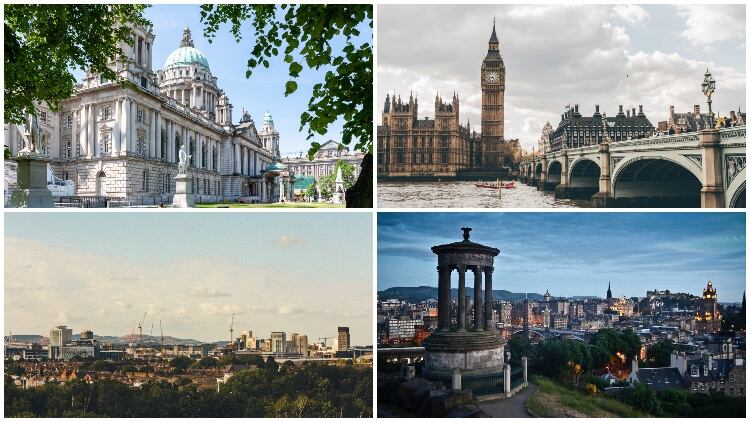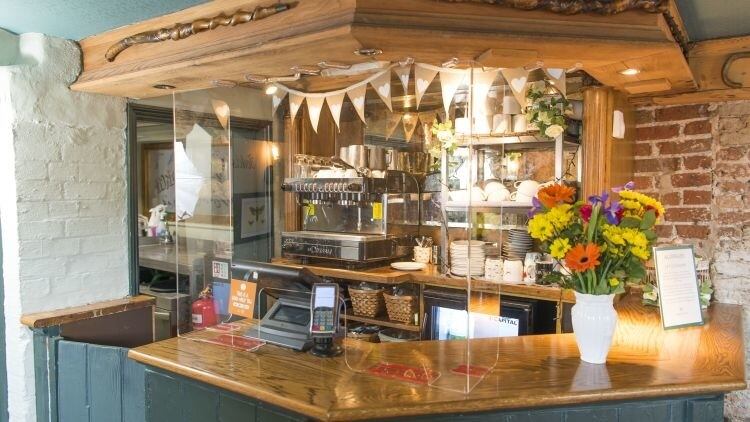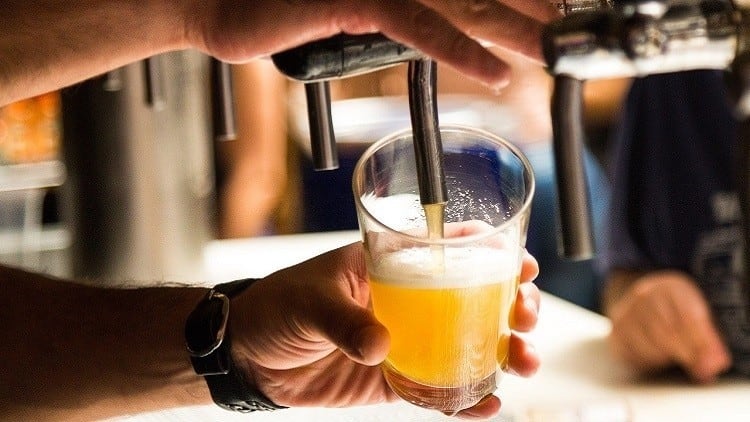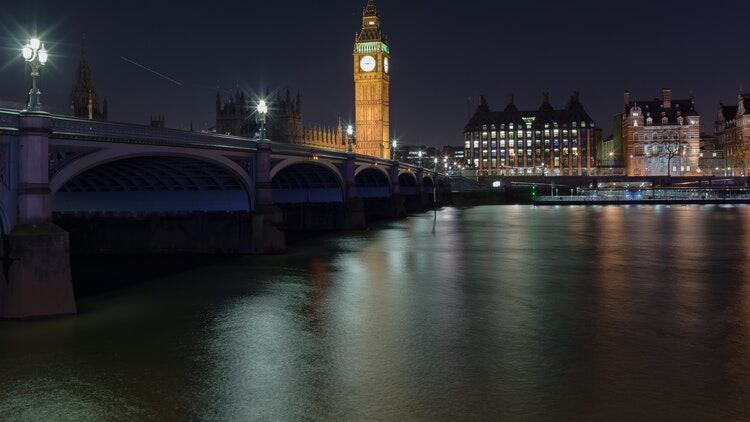The morning after Boris Johnson, once again, told people in England to stay at home amid the introduction of lockdown measures mirroring those seen in March of last year, Chancellor of the Exchequer Rishi Sunak announced that the UK's pubs would be entitled to one-off grants of up to £9,000 as part of a £4.6bn fund to support businesses shuttered by the latest lockdown.
Pubs across England, Wales, Scotland and Northern Ireland with a rateable value of up to £15,000 will be able to claim £4,000, those valued between £15,000 and £51,000 will be entitled to £6,000 while businesses with a rateable value of more than £51,000 will be eligible for up to £9,000.
What's more, Sunak announced that a further £594m would be made available for local authorities and the devolved administrations to support businesses not eligible for the grants that could be impacted by the restrictions.
On top of this, the Chancellor confirmed that £375m, £227m and £127m sums would be at the disposal of Scotland, Wales and Northern Ireland's respective governments amid tighter restrictions.
Shared support
While Westminster and the UK’s devolved governments have been on the same page on a number of support options they’ve also poured their own brand of support in areas such as business rates relief into the fiscal cocktail.
It’s been confirmed one shared measure, the Coronavirus Job Retention Scheme (CJRS) offering 80% of employees' monthly salary covered for hours not worked, up to a maximum of £2,500, is being allowed to age until the end of March 2021.
According to CGA’s Business Confidence Survey, conducted during the spring and summer lockdown, more than four in every five (83%) hospitality operators furloughed at least 90% of their staff with 96% of sites putting more than 70% of workers on the scheme.
What’s more, the Self-Employment Income Support Scheme (SEISS) will be freshened up after grants of up to £7,500 covering November 2020 to January 2021 and February 2021 to April 2021 were announced, with the former calculated at 80% of three months' average monthly trading profits and paid out in a single instalment.
Potential top ups including the Coronavirus Business Interruption Loan Scheme – offering loans of up to £5m – the Coronavirus Large Business Interruption Loan Scheme – offering loans up to £200m for larger businesses, with 80% of the value guaranteed by the Government – and Bounce Back Loans of between £2,000 and £50,000, up to 25% of turnover, are also said to be on tap this Winter.
But how does each region’s financial mix stack up, and how do England, Scotland, Wales and Northern Ireland’s winter offers compare?
- What support has been available to pubs and bars across Europe? - check out what support pubs and bars across Europe had access to during the autumn.
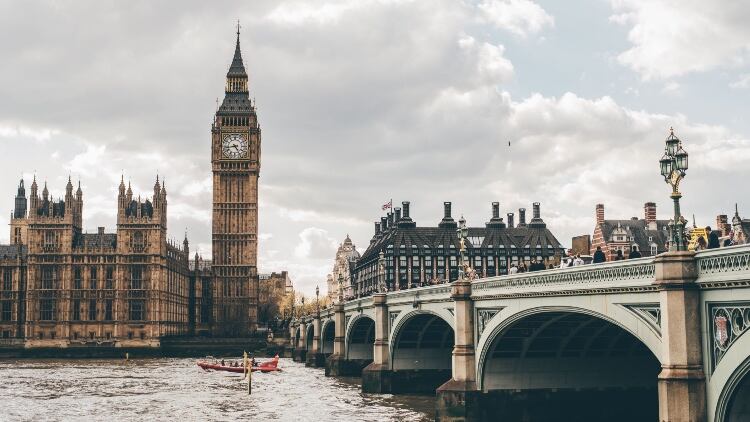
England
Ahead of a House of Commons vote on the introduction of a stricter system of Covid-secure measures on 1 December, Prime Minister Boris Johnson announced that all “wet pubs” in England which do not serve food will receive £1,000 to “recognise how hard they have been hit” by measures during what would usually be their busiest time of year.
The Scottish Licensed Trade Association (SLTA) has previously estimated it would cost a small wet-led pub £2,000 to close, a medium food pub around £6,000, and a large pub between £8,000 and £10,000.
According to figures from real estate adviser Altus Group, 16,010 pubs in England will be forced to close except for takeaway, delivery and click and collect services under tier three.
Additionally, 20,813 tier two sites will only be permitted to serve alcohol alongside substantial meals via table service only, must stop taking orders after 10pm and close at 11pm, and ensure guests don’t mix indoors with anyone who is not part of their household or support bubble.
Just 729 sites across the Isle of Wight, Isles of Scilly and Cornwall – around one-in-50 of England’s pubs – will be allowed to operate under the lowest tier of restrictions.
However, businesses in the retail, hospitality and leisure sectors in England will not have to pay business rates for the 2020 to 2021 tax year and will have access to a number of grants and support options as they bid to weather the ongoing pandemic.
In terms of nationwide support, monthly grants of up to £3,000 are available for businesses forced to close, with additional grants of up to £1,500 available to nightclubs, dance halls, and other entertainment venues for each 14-day period that they are closed.
On a local basis, grants of up to £1,500 are available for each 14-day period a business is forced to close, with monthly grants of up to £2,100 in the offing for business not forced to close but which have been severely impacted due to local restrictions.
Backdated grants are also available for businesses in the hospitality, leisure and accommodation sectors.
UKHospitality’s chief executive Kate Nicholls previously told The Morning Advertiser (MA) in the wake of the announcement of the Government's tier system that is now more vital than ever that the Government provides urgent further financial support for this sector.
“If it does not, we are looking at huge numbers of job losses, businesses permanently closed and the landscape of hospitality in this country fundamentally degraded for the foreseeable future,” she said.
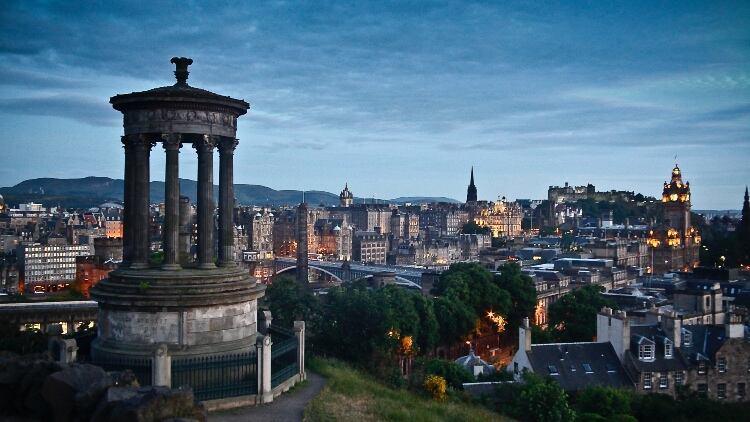
Scotland
Holyrood announced a range of grants for businesses that are required to close by law as a result of Covid-19 restrictions from 2 November.
As reported by The MA on 17 November, pubs across eleven council areas in Scotland were forced to close until 11 December.
The SLTA described the announcement as "the worst possible news for the licensed hospitality industry." with managing director, Colin Wilkinson, claiming that many operators would now be considering permanently closing their sites.
Pubs in areas including Glasgow, Renfrewshire and Stirling were forced to call last orders on 20 November in the first example of areas being placed into level four of Scotland’s tiered system of restrictions, which came into force at the start of November.
Businesses can apply for a temporary closure grant of £2,000 or £3,000 depending on rateable value if required to close by law, or a business restrictions grant of £1,400 or £2,100, again, depending on rateable value if able to remain open but specifically mandated to modify its operations
What’s more, on 27 October First Minister Nicola Sturgeon detailed the Coronavirus (Covid-19): Business Contingency Fund designed to earmark more than £40m to support employees and businesses currently impacted by national and local Covid restrictions.
Night clubs are one of the two sectors eligible for the first phase of the plan to provide one-off grants to sectors that that have been closed by law since March 2020 before it is expected to be rolled out more broadly.
Eligible businesses will receive a £10,000 grant for a property from which they operate with a rateable value of £18,000 or under; a £25,000 grant for a property from which they operate with a rateable value between £18,001 and £51,000; or a £50,000 grant for a property from which they operate with a rateable value above £51,001.
On top of this, businesses operating multiple premises will be eligible for each one, with second and subsequent locations payable at 75% of the standard rates set out above.
Additionally, on 30 November Scotland’s chief statistician revealed that a total of 28,400 properties were in receipt of 100% Retail, Hospitality and Leisure (RHL) business rates relief on 1 July, with a total value of £904m.
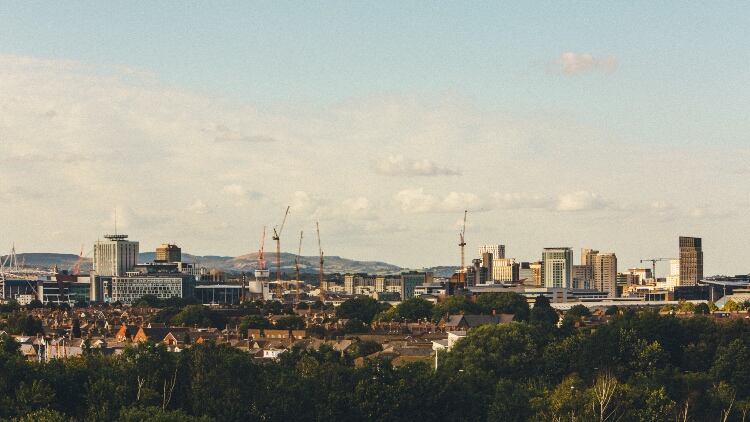
Wales
Wales’ First Minister Mark Drakeford unveiled a financial support package for ailing businesses following the announcement that Welsh pubs, bars, restaurants and cafes across will not be able to serve alcohol and must close at 6pm from Friday 4 December.
According to Altus Group said early closure will affect 3,107 pubs, with a large number of operators arguing that it means their businesses are no longer viable.
Drakeford explained that £180m will be set aside specifically for tourism, leisure and hospitality businesses, to whom he said he was "grateful" in light of their Covid-secure efforts and acknowledged that the new restrictions would be "difficult" as they come during a peak period.
This will include grants of between £3,000 and £5,000 for hospitality businesses hit by the new rules which come into force after the First Minister told a Welsh Government press conference that coronavirus was "accelerating across Wales" and forecast that progress made during Wales’ 17-day firebreak lockdown was being eroded.
Drakeford estimated that the number of people hospitalised by Covid-19 in could reach 2,200 by 12 January without festive restrictions.
"To support businesses affected by these new restrictions into the New Year, we will provide the most generous package of financial assistance anywhere in the UK," he said.
What’s more, all retail, leisure and hospitality businesses in Wales with a rateable value of £500,000 or less will receive 100% business rates relief in from 1 April 2020 until 31 March 2021.
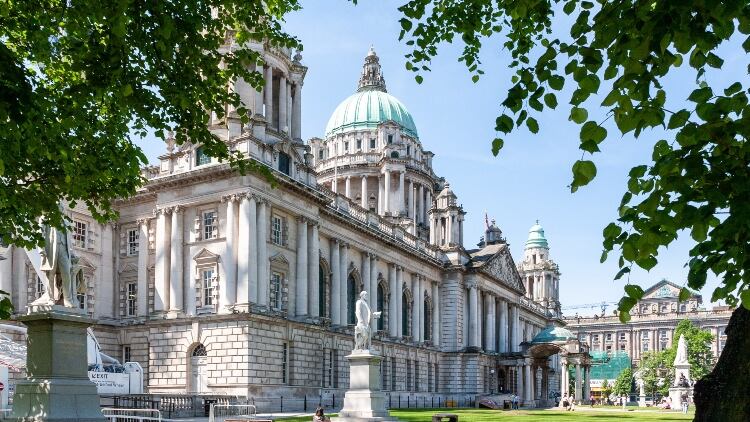
Northern Ireland
On 23 November, Northern Ireland’s finance minister Conor Murphy revealed a £300m Covid-19 support package aimed at supporting businesses and the most vulnerable through the ongoing pandemic.
This comprises more than £200m for businesses – such as those in the hospitality sector – and £98m for local councils, education, sport and the most vulnerable.
What’s more, it includes £10.6m in specific financial support for 1,000 wet led pubs on top of a £5m tourism and hospitality top up scheme.
Additionally, Stormont earmarked £55m to extend its Localised Restrictions Support Scheme – which provides financial support to businesses which have been required to close or severely limit operations – to include non-essential retail, leisure, and entertainment businesses forced to close.
“Our businesses are facing huge challenges and are under immense pressure,” Murphy said. “Today [23 November] we’ve agreed a significant business support package worth £213m.
Listing the Government’s financial support measures, he added: “£10.6m to support 1,000 wet pubs which are experiencing additional financial hardship, £5m to top-up the Tourism and Hospitality Scheme, £4.1m for Bed and Breakfast which previously missed out on business support because they pay domestic rates and £3m to help local businesses grow their online sales.”
The Minister continued: “In addition to this £213m for business and recognising Covid will continue to be with us for the months to come, the Executive has also agreed to hold £150m centrally for longer-term support on business rates. I hope to be able to provide an update on this in the very near future.”
The announcement followed the release of an additional £400m of funds for Northern Ireland by the UK Treasury in early November.

